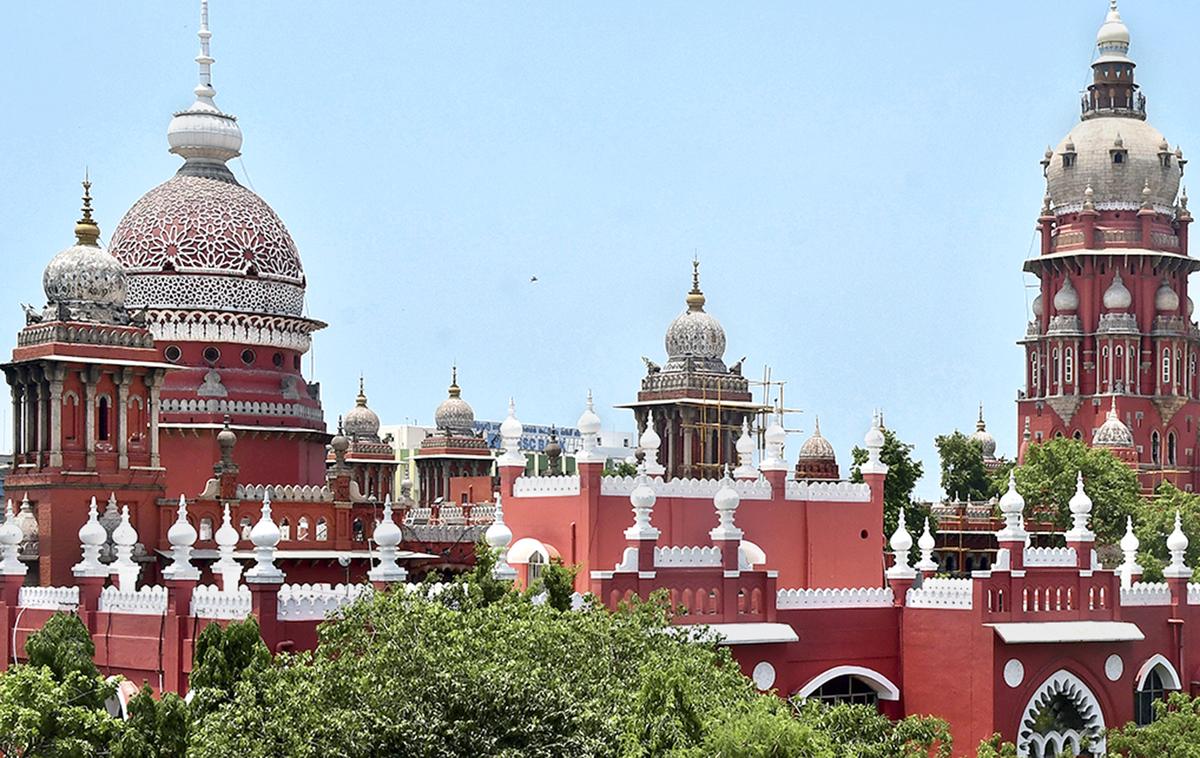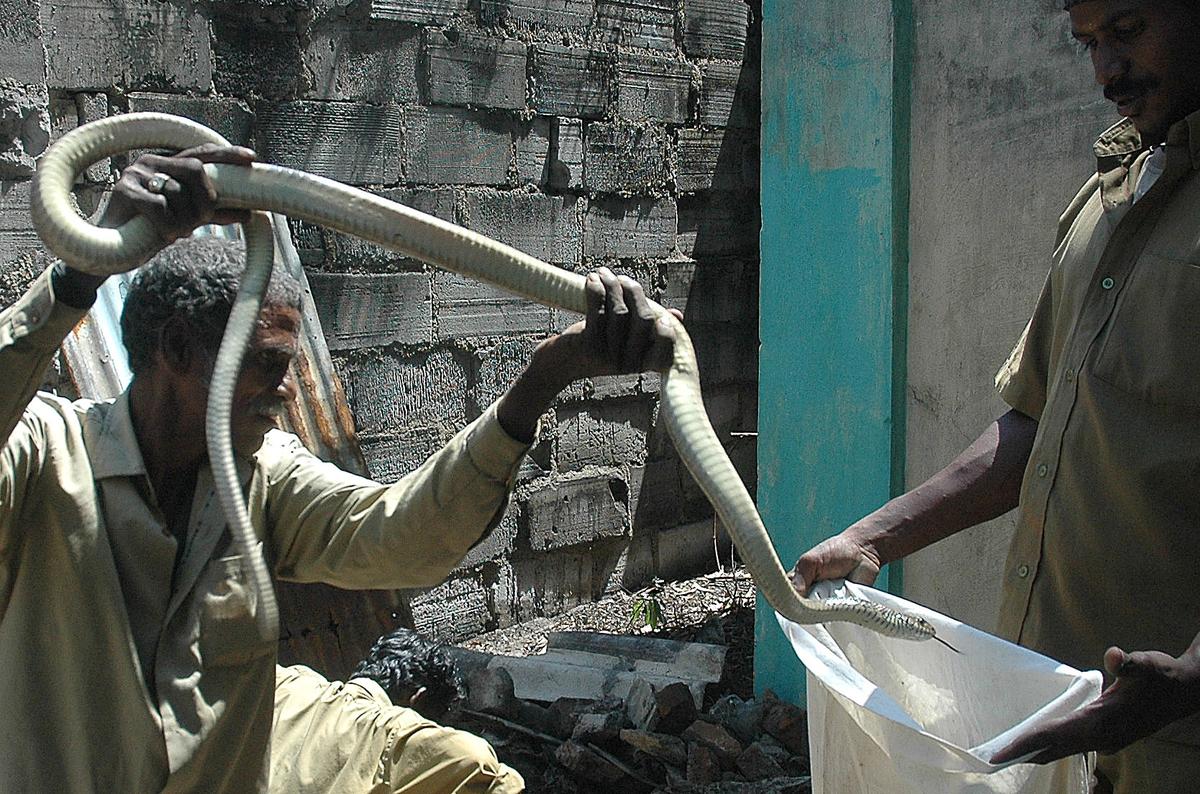Tamil Nadu Imposes One-Year Ban on Raw Egg Mayonnaise
Tamil Nadu has banned the manufacture, storage, distribution, and sale of mayonnaise made using raw eggs for a period of one year, effective from April 8, 2025. The Food Safety Department of Tamil Nadu has decided to take this step under Section 30(2)(a) of the Food Safety and Standards Act, 2006. Basically, it's a precautionary move to keep people safe, especially since raw egg-based mayonnaise can be risky. We just want to make sure everyone stays healthy and avoids any food-related issues.
Health Risks Behind the Ban
According to officials, mayonnaise made from raw eggs is highly susceptible to bacterial contamination, especially when stored improperly. Harmful bacteria such as Salmonella Typhimurium, Salmonella Enteritidis, E. coli, and Listeria Monocytogenes can grow rapidly in such environments, leading to food poisoning. These bacteria can cause serious health issues, and in some cases, they can even be life-threatening—especially for kids, older adults, and folks with weaker immune systems.
Complete Ban on All Activities Involving Raw Egg Mayonnaise
The ban applies to all activities involving raw egg mayonnaise including its production, processing, packaging, storage, transportation, catering, and retail sale. It will impact many food business operators, particularly those who rely on mayonnaise for fast food items like shawarma, sandwiches, and burgers. Many small vendors and restaurants will now have to switch to safer alternatives like pasteurized egg mayonnaise or egg-free mayonnaise, which are considered safer and are not affected by this ban.
Strict Enforcement and Penalties
The Food Safety Department has stated that strict inspections will be carried out across the state to ensure compliance. People who break these rules could end up with fines, having their licenses suspended, or even facing legal trouble. The idea is to keep everyone safe by stopping using an ingredient that's often linked to food poisoning.
Other States Have Taken Similar Steps
This is not the first time such a measure has been taken in India. Telangana had earlier imposed a similar ban in November 2024 after several reported cases of food poisoning. Experts believe that Tamil Nadu's decision could encourage other states to follow suit, especially as food safety becomes a bigger concern across the country.
Though some food businesses have expressed concerns over the sudden ban and its effect on their operations, many health experts and consumer groups have welcomed the decision. It is seen as a responsible move by the government to safeguard public health, even in the face of commercial inconvenience. As the ban continues for one year, food operators are expected to find safe alternatives and adapt their menus accordingly. Consumers are also advised to be cautious while buying or consuming mayonnaise, ensuring that it is egg-free or made from pasteurized eggs.






